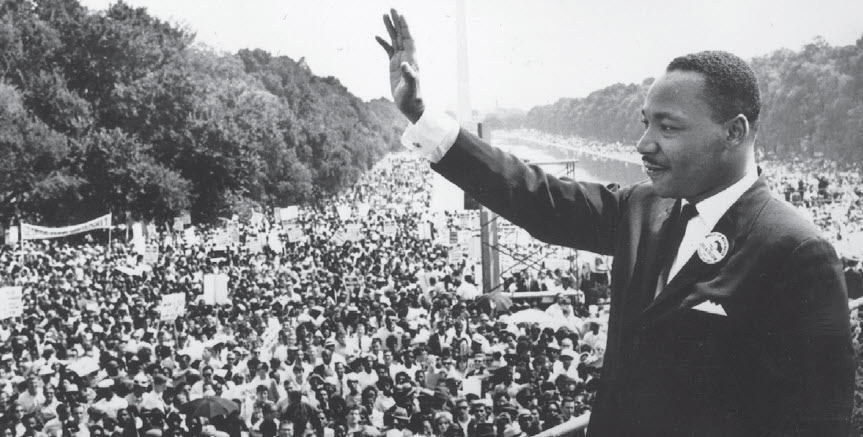As we honor the legacy of Dr. Martin Luther King Jr., we are reminded of the delicate balance between contentment and complacency. Complacency reflects a sense of stagnation—a reluctance to grow or challenge the status quo. It is an acceptance of things as they are, often rooted in fear or apathy. Contentment, by contrast, represents a state of peace and gratitude that exists alongside the recognition that there is still work to be done. Contentment does not hinder growth; instead, it provides the emotional grounding needed to pursue change with clarity and purpose.
Dr. King’s life exemplifies how contentment and a pursuit of progress can coexist. He drew strength from the wisdom of elders like Mother Pollard, a devoted participant in the Montgomery bus boycott, who famously and “ungrammatically” said, “My feets is tired, but my soul is rested.” Her words encapsulate the power of contentment in the midst of struggle. Though her body ached from walking miles for freedom, her soul found peace in the righteousness of her cause. This profound balance between personal peace and collective action enabled Dr. King and countless others to persevere in their fight for equality.
The challenge for us today is to embody this same balance. Being content does not mean settling for mediocrity or turning a blind eye to societal wrong. Instead, it means appreciating the blessings in our lives while recognizing the work that remains undone. It is about cultivating gratitude as a source of strength, not as an excuse for inaction. True contentment allows us to care for our well-being and simultaneously extend ourselves in service to others. It is a foundation from which we can advocate for a world where equity, justice, and dignity are available to all.
In observing Dr. King’s day, let us recommit to the vision of contentment that propels action rather than complacency that fosters stagnation. Through this re-imagining of contentment, we honor his dream and his legacy. May we find the courage to pursue better lives for ourselves, but especially for others, standing firm in the conviction that peace and progress are not mutually exclusive. Contentment should inspire us to build the “Beloved Community” Dr. King envisioned—one rooted in love, righteousness, faith, and a shared humanity.
By: Eric Betts
Assistant Professor | Course Developer, Hampton University School of Religion








